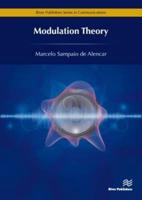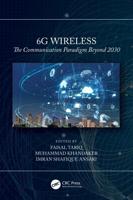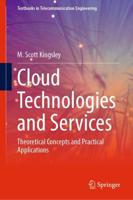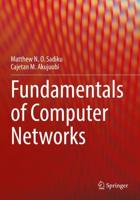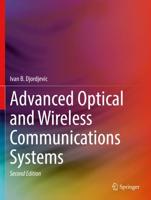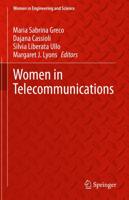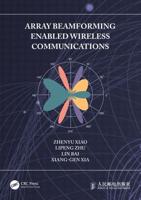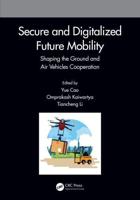Publisher's Synopsis
Information and communication technologies (ICT), like all technologies, are catalysts for political change and potential conflict. The "Internet effect" continues to fuel the explosive growth of ICT, and has enduring implications. It has sparked the long fuse of an Information Revolution-and a Social Network Revolution. This revolutionary wave is fundamentally altering both the structure of institutional arrangements and the behavior of bureaucratic organizations by transforming traditional tactics for organizing, communicating, collaborating, and participating in the political system. Does the accelerated rate of systemic change caused by the Internet effect create social cohesion, or cleavages that may lead to increased conflict? The purpose of this study is to determine, by qualitative as well as quantitative means, whether a causal relationship exists between the degree a society is connected via social media networks (Internet and the World Wide Web [WWW]) and the institutional capacities of central governance. Blending theory with data, a statistical regression model is developed to evaluate the degree and measure the magnitude of this relationship. The findings gleaned from this analysis suggest that a conditional causal relationship does exist between social connectivity and state capacity.

